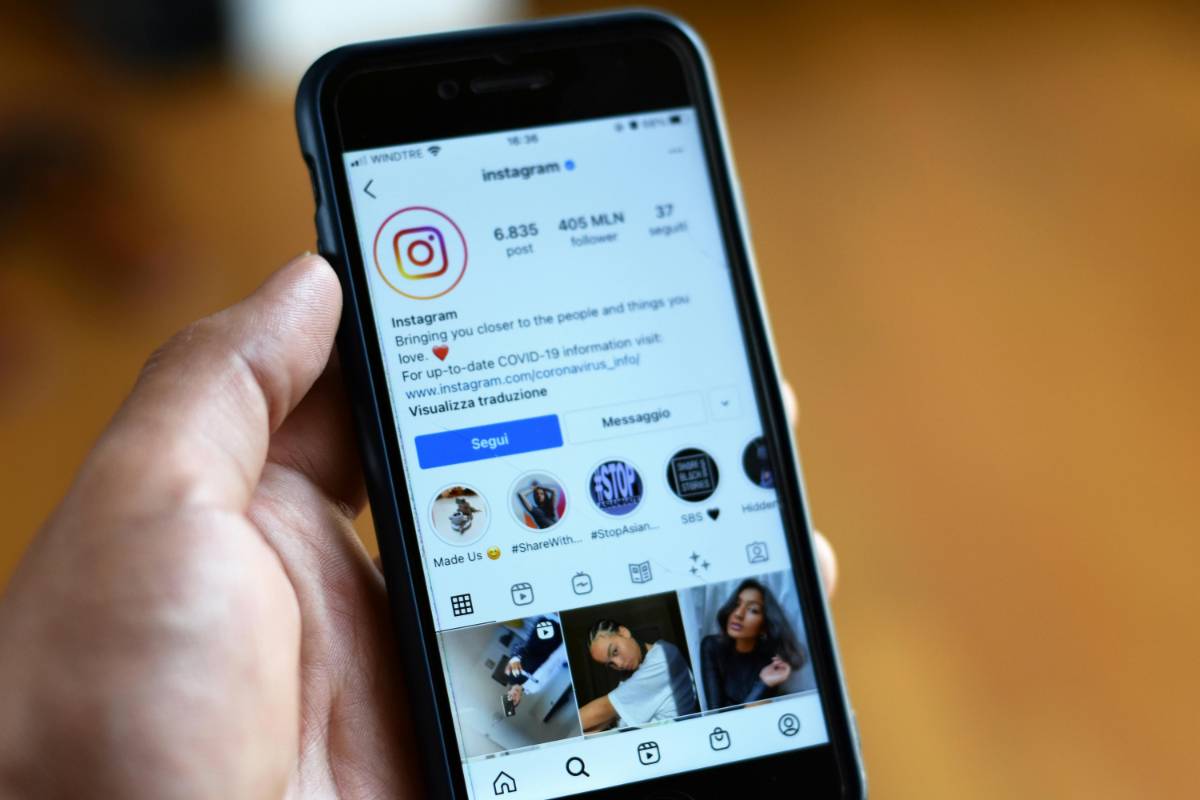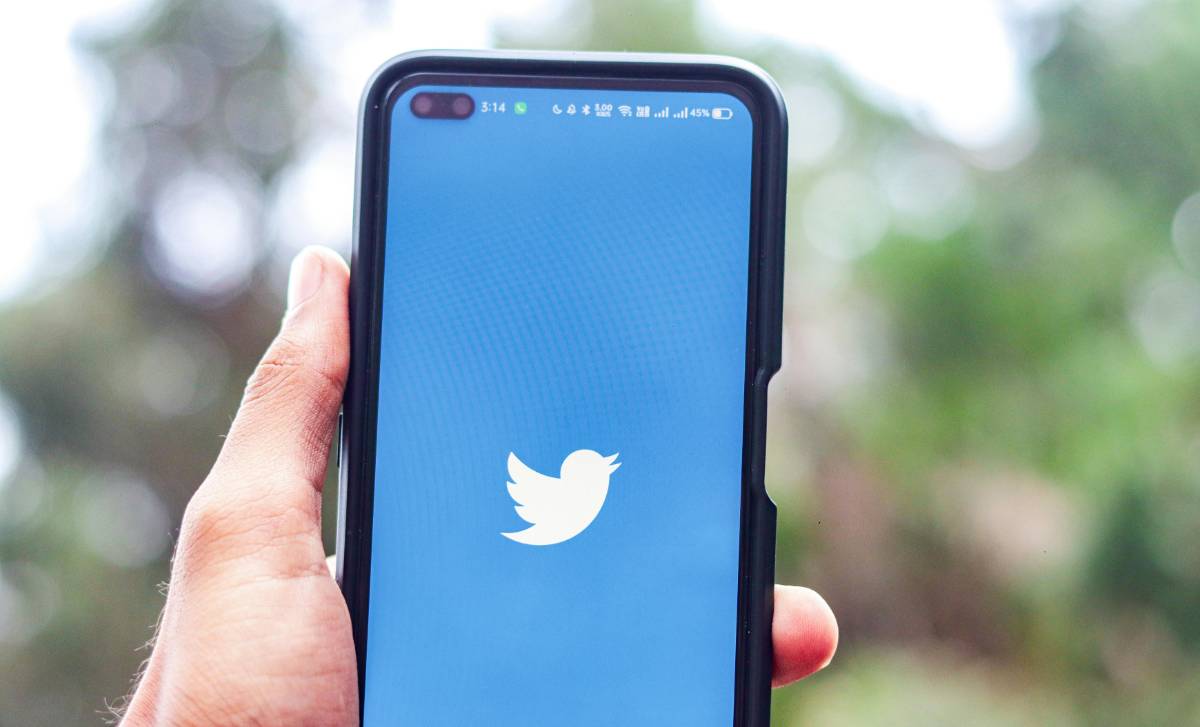Navigating Negative Comments and Trolls on Social Media
24 Sep 2025
Read Time: 5 min read

Negative comments and trolls are inevitable parts of social media. While it can be disheartening to receive criticism, learning how to handle these situations effectively is crucial for maintaining a positive online presence. In this guide, we’ll discuss strategies for navigating negative comments and dealing with trolls in a way that protects your reputation and mental well-being.
 Understanding the Nature of Negative Comments and Trolls
Understanding the Nature of Negative Comments and TrollsNegative comments and trolls are a reality of social media. Negative comments can come from genuine users who may have a critique or concern, while trolls are individuals who intentionally provoke and upset others for their own amusement. Understanding the difference between the two is key to deciding how to respond.
Negative comments might be a result of dissatisfaction with a product, service, or idea, while trolls typically aim to create chaos and disrupt online conversations without contributing anything meaningful. Being able to distinguish between the two will help you decide whether to engage or ignore.
Don't Take It PersonallyOne of the most important things to remember when encountering negative comments or trolls is not to take it personally. While criticism can sting, especially if it feels unjustified, social media is full of people with varying opinions. Often, negative comments or trolling have little to do with you personally and more to do with the commenter’s own issues or frustrations.
Taking a step back and not reacting emotionally can help maintain your composure and prevent further escalation. Responding impulsively can sometimes make things worse and fuel the negativity.
Not all negative comments are from trolls. Some may be constructive feedback that can help you improve or address concerns. When you encounter a legitimate complaint, try to engage with it in a thoughtful and professional manner.
Acknowledge the commenter’s concern, offer a solution or explanation if possible, and thank them for their input. This approach shows that you value feedback and are willing to improve, which can help turn a negative situation into a positive one.
💡 Discover More from Social-Media
When dealing with trolls, the best strategy is often to ignore them. Trolls thrive on attention and getting a reaction, so the less you engage with them, the less power they have. Avoid feeding into their comments or arguments, as this can escalate the situation and lead to more trolling.
If a troll persists and their comments are abusive or harmful, consider blocking or reporting them. Social media platforms have tools that allow you to block or mute users, as well as report abusive behavior. Don’t be afraid to use these tools to protect yourself from harassment.
 Set Clear Boundaries
Set Clear BoundariesIt’s important to set clear boundaries for what is acceptable behavior on your social media profiles. If your page is a space for discussion and engagement, make it known that negativity, personal attacks, or harassment will not be tolerated. Establishing these guidelines early on can help prevent potential issues and set expectations for your audience.
Some social media platforms also allow you to filter out specific words or phrases, which can be a helpful tool for moderating comments and preventing offensive content from appearing in your feeds.
Take a Break from Social MediaConstant exposure to negative comments and trolls can be mentally exhausting. If you find yourself becoming overwhelmed or stressed, it’s okay to take a break from social media. Stepping away for a day or two can help you recharge and regain perspective.
Your mental well-being should always come first. Social media can be a wonderful tool for connection and expression, but it’s important to take care of yourself and avoid burnout.
Respond Professionally, When NecessaryIn cases where you feel a response is necessary—such as when misinformation is being spread or a legitimate issue needs to be addressed—make sure your response is calm, professional, and objective. Avoid getting into heated arguments or responding with aggression, as this can harm your reputation and fuel further negativity.
If possible, move the conversation to a private message to resolve the issue more discreetly. This approach often helps defuse public confrontations and shows that you're committed to resolving the issue in a thoughtful manner.
Don't Engage with Fake AccountsSome trolls may operate under fake profiles or anonymous accounts. These accounts are often created specifically to cause trouble or spread negativity without being held accountable for their actions. It’s best to avoid engaging with these accounts, as they are often just seeking attention.
If you come across a fake account or suspect someone is pretending to be you, report it to the platform. Most social media sites have mechanisms in place to address impersonation and fake accounts.
ConclusionDealing with negative comments and trolls is a common challenge for anyone active on social media. By understanding the nature of the negativity, setting clear boundaries, and responding professionally when necessary, you can protect your online presence and maintain a positive reputation. Remember, social media is just one aspect of life, and it’s important to prioritize your mental health and well-being above all.
Stay Informed
Get the latest and most accurate news delivered straight to your inbox. Subscribe now and never miss an update.

Anita Singh
An insightful voice in the industry, crafting content that informs, inspires, and connects with readers.
View all articles →Continue Reading

Hollywood
Wireless Freedom: Discover the Best Earbuds for On-the-Go Listening
By David Thompson
05 Oct 2024

Travel
How to Make Corporate Travel Less of a Chore and More of a Pleasure
By Olivia Mitchell
16 Sep 2025

Social-Media
Why TikTok’s Duet Feature Is the Ultimate Tool for Going Viral
By Olivia Mitchell
24 Apr 2025

Social-Media
How to Use TikTok Sounds to Skyrocket Your Social Media Engagement
By James Carter
08 Apr 2025

Travel
Corporate Travel Gone Wrong: Stories That Will Make You Laugh and Learn
By Samantha Lee
04 Sep 2025












